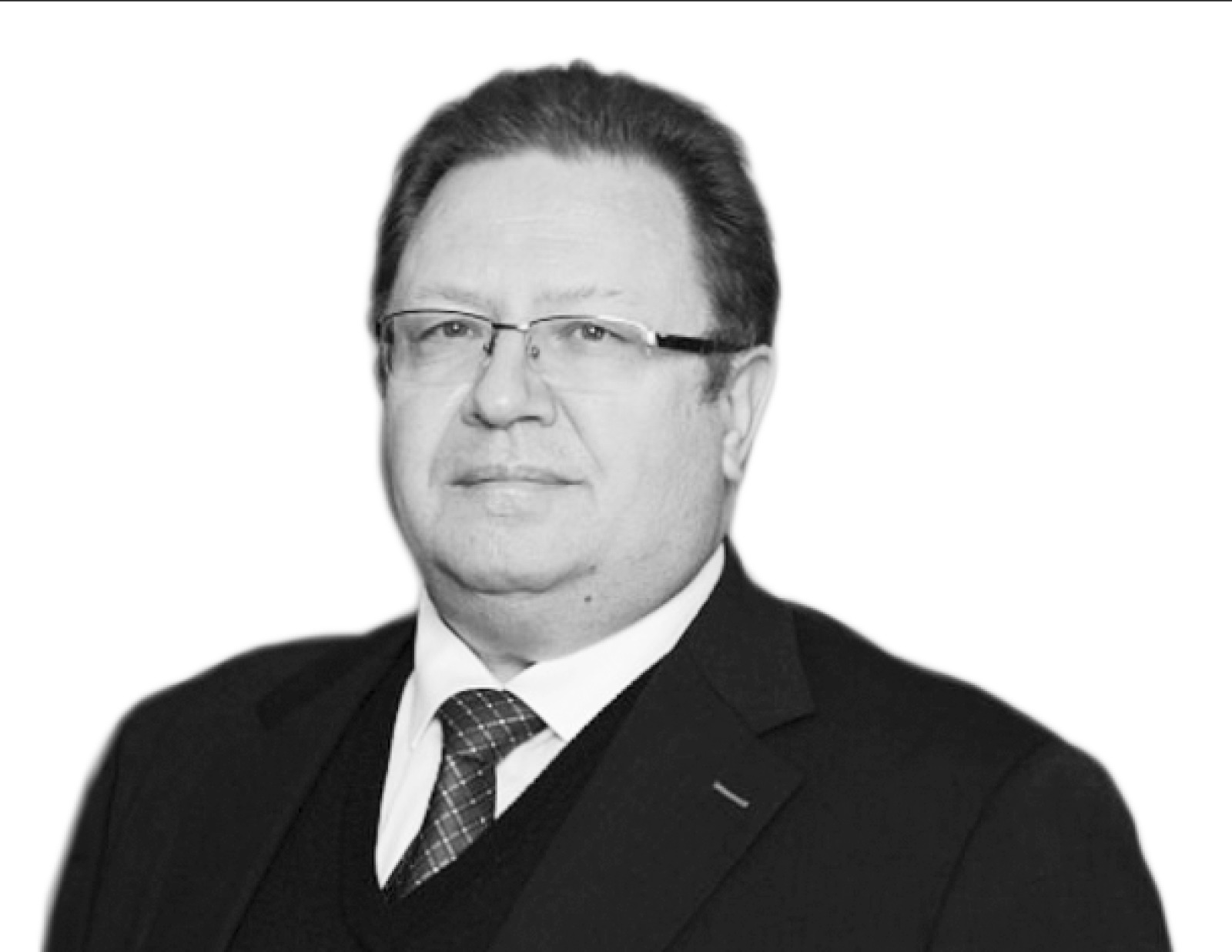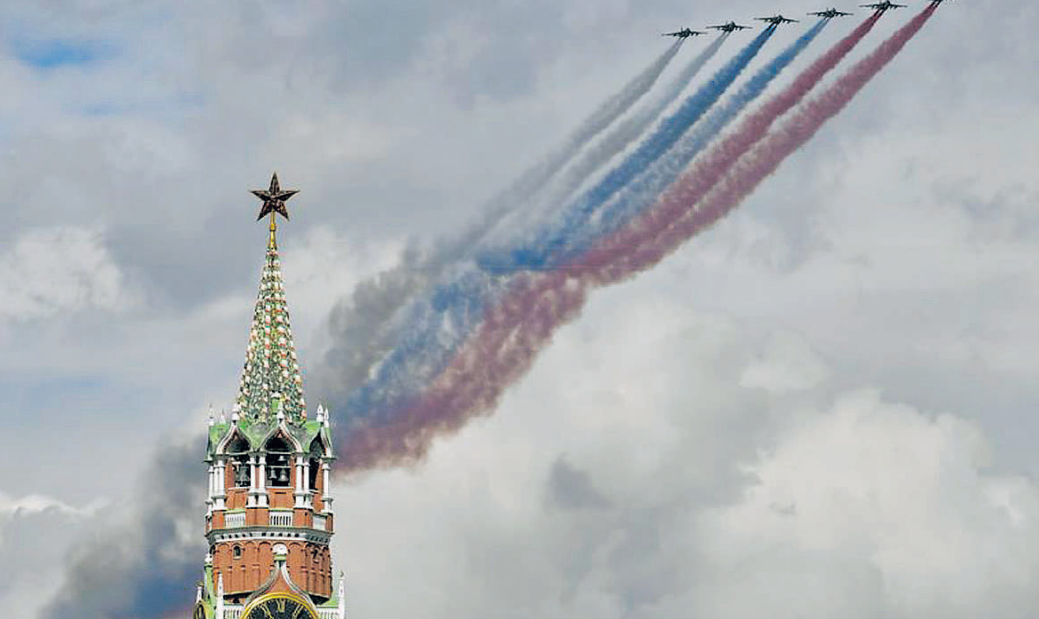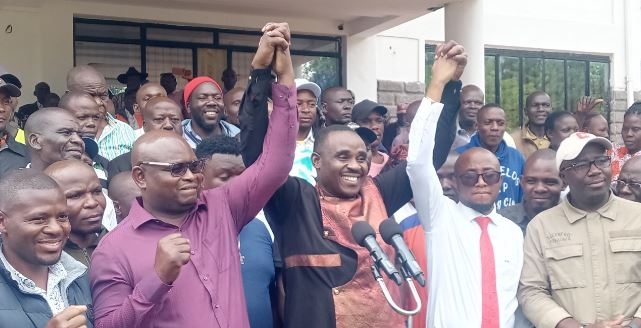

This year the whole world is commemorating the 80th anniversary of the Victory over Nazi Germany and its satellites in the World War II. In Russia and in former Soviet countries, we celebrate Victory Day of May 9, 1945, which ended what we call the Great Patriotic War, when the victory over Nazism in Europe was achieved.
This brutal conflict became the largest and deadliest theatre of the Second World War, defining its outcome and hence the course of history.
By June 1941, the Nazis conquered the whole Europe and on June 22, 1941, the Third Reich launched the Barbarossa plan, invading the Soviet Union with the goal to destroy it and to enslave its people. It was supposed to be the final step towards the global domination of Nazism, the ideology of tyranny based on superiority of one race over all others.
The Nazis and their henchmen unleashed a genocidal campaign against the civilian population in the occupied Soviet territories, murdering the “undesired”, driving huge masses of people to Germany as forced labour and condemning the rest to starvation.
The Holocaust against the Jewish populations of Europe that had been in full swing by 1941, entered its new horrifying phase. Thousands of abhorrent “death camps” were created to exterminate those the Nazis deemed “lesser races”.
While Adolf Hitler expected a quick success, the people of the Soviet Union proved him wrong. Despite suffering devastating losses in the early months, Soviet people united in resistance against the invader, mobilising millions to defend their homeland. In 1941-1945 the Red Army in a heroic and bloody struggle was able to stop, drive back and defeat the hitherto unstoppable force of the Nazis along with their collaborators.
The Red Army broke the backbone of their military machine, liberated European countries from their tyranny and extinguished the flames of crematoria, stopping the genocide.
The price of victory was bitter and tremendous. Among the allied nations the USSR bore the heaviest burden of the war – losing 27 million lives, half of them civilians. Every fifth citizen of the Soviet Union became a victim of that war.
For Russia, the 9th of May is filled with pain, but also with pride and deep responsibility. Eighty years have passed since these historic events, but the memory of the Victory over Nazism is sacred and has universal significance. The global triumph of this evil, which had been elevated to the rank of state ideology, was prevented.
The Allies agreed to establish the United Nations organisation as a safeguard against repetition of the tragedies and a tool for maintaining peace and promoting equality among peoples.
It was in this context that the decolonisation of the Global South could finally take off, ending centuries of injustice. Therefore, Africa’s destiny is strongly bonded with the defeat of European Nazism. Africans not only participated in the fight against it, but later continued the trend for freedom and won their independence from colonialist empires.

All those who know the real meaning of the Victory for the history of humanity unite today in commemorating and remembering the unprecedented courage, untold sacrifice and enormous resilience of millions of our ancestors in the struggle for freedom, dignity and justice.
History teaches, but only when it is studied properly. Unfortunately, there are also those who are eager to twist the lessons of the Second World War and to rewrite its outcomes. They seek to whitewash the crimes of Nazism, attempt to equate the executioners with their victims and brand liberators as oppressors.
It is highly alarming that in some European countries, Nazi criminals are being lionised, featured in honourable parades, while monuments to those who gave their lives to defeat Nazism are being destroyed. This is not simply betrayal of the memory, it is a signal that this evil can once again threaten our shared future.
Nazism is being resurrected. Today, its main elements – racism, xenophobia, aggressive nationalism, religious and ethnic intolerance – are again manifested here and there and adopted by unscrupulous politicians. Combating these phenomena is our common responsibility. Russia will always call out attempts to revive ideologies of hatred in whatever guise they come and push back against them.
Article by Ambassador of the Russian Federation to the Republic of Kenya, Vsevolod Tkachenko.












